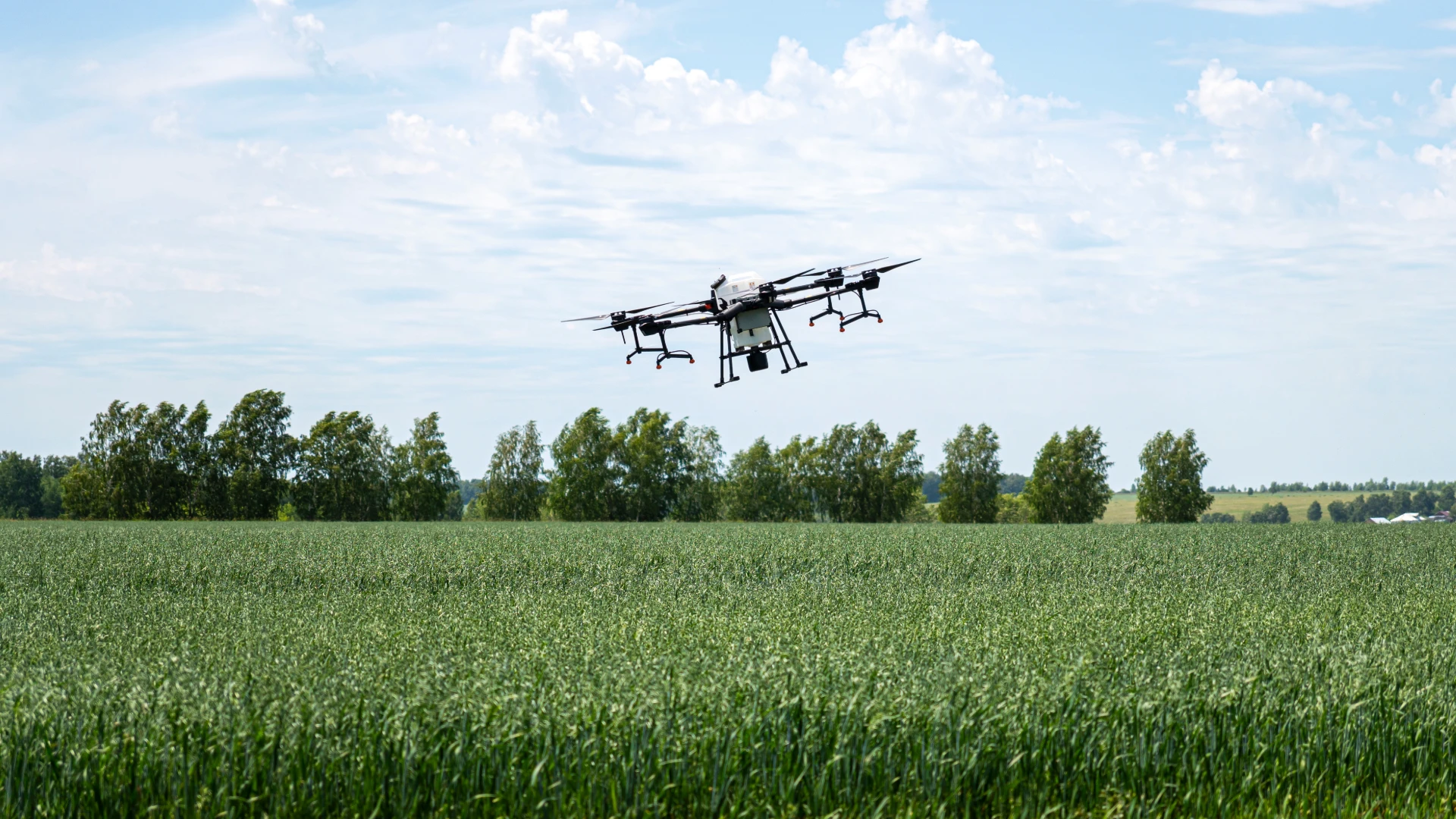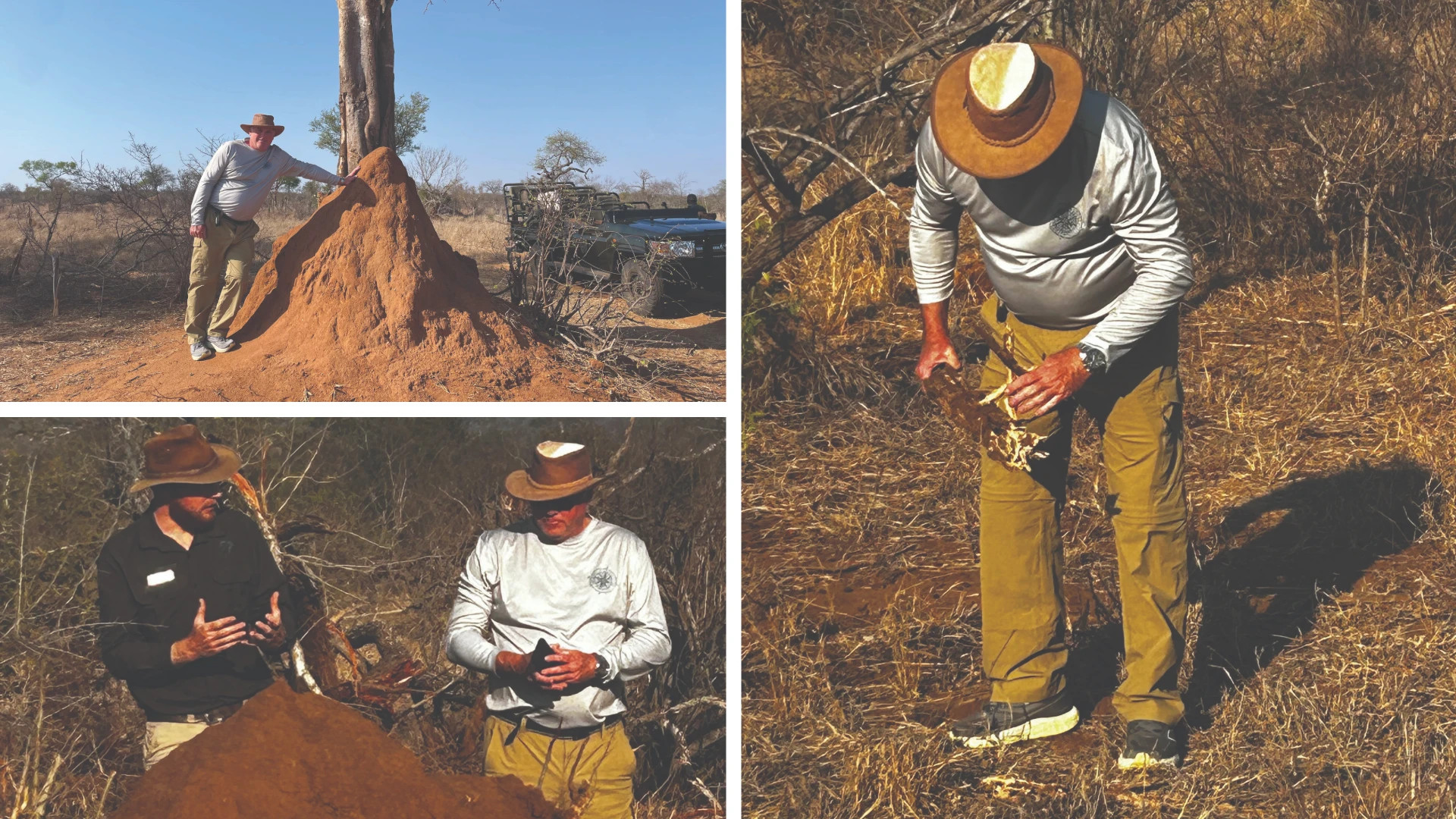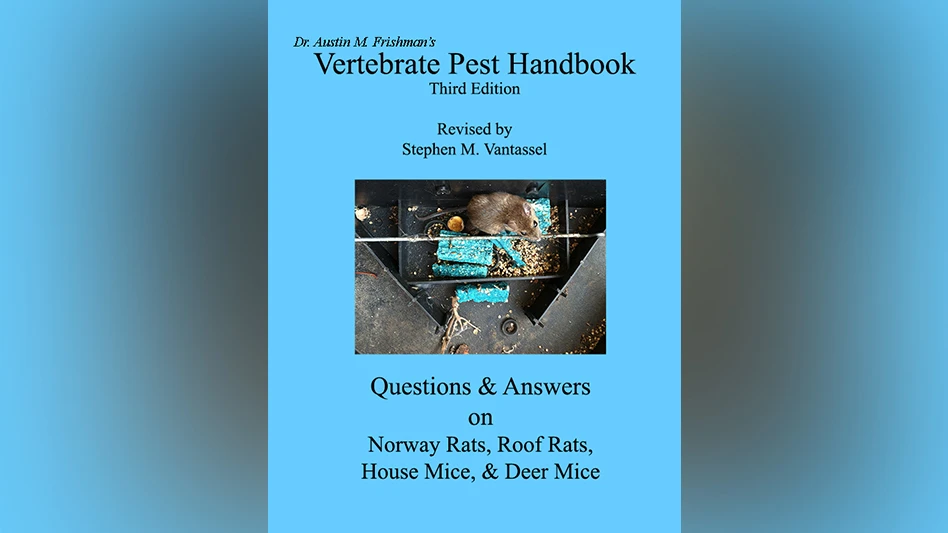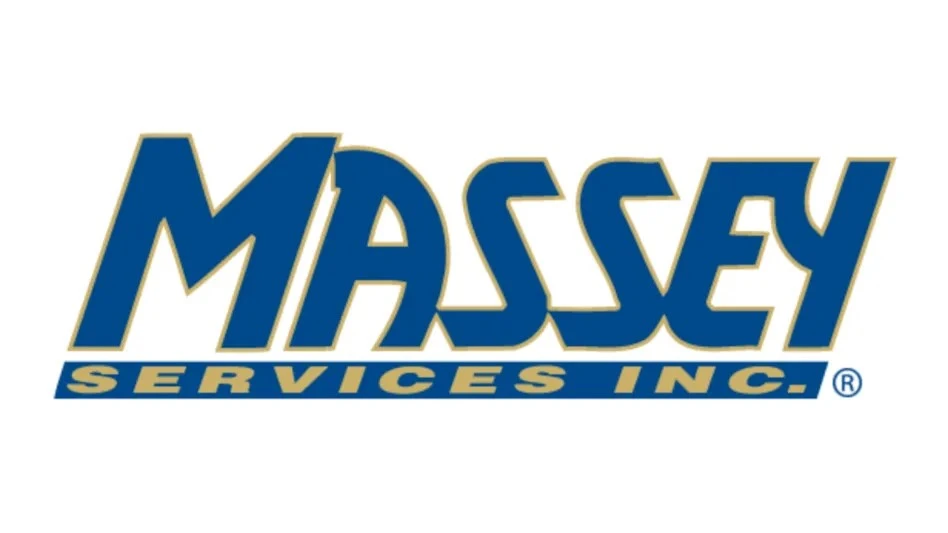 For J. Bryan Cooksey III, duty and service are as much a part of his life as sunrises and sunsets along Florida’s Atlantic Coast where this second-generation PMP lives, works and contributes so much to his community.
For J. Bryan Cooksey III, duty and service are as much a part of his life as sunrises and sunsets along Florida’s Atlantic Coast where this second-generation PMP lives, works and contributes so much to his community.
Cooksey, a 1983 graduate of the U.S. Military Academy at West Point, didn’t have his mind set on running the family pest control and lawn care business, McCall Service in Jacksonville, Florida, while growing up. But as is the case with many second- and third-generation industry professionals, fate and circumstances led him back to where it all started.
It was his father’s influence that led Cooksey and his two brothers, David and John, to enter and eventually take over the family business, which has earned a stellar reputation with clients in the competitive Jacksonville/Northern Florida/Southern Georgia market. (Sisters Beverly and Cathy serve on the company’s board of directors.)
“The real reason we are all here and involved in the business is family,” says Cooksey. “It was our father’s example that has led us to where we are today.” (Bryan Cooksey Jr., a member of the Crown Leadership Class of 1994.)
A Brief History
Originally founded as a coal and ice supplier to Jacksonville residents in 1928, the company expanded into home fuel oil sales following World War II. By the early 1960s owner Gene Orr, who had purchased the business from the McCall brothers, was looking for a way to keep employees on during the slow summer months when fuel oil sales tailed off. He hired the elder Cooksey to start a lawn care service division. After a few years Cooksey left to start his own pest control company, A Charter Pest Control, and ran that until he sold the business to Terminix in the mid-1960s. Cooksey joined the national pest management outfit as a roving troubleshooter traveling the country assisting with acquisitions.
While Cooksey was on the road, his wife and growing family lived in an apartment in Memphis (Terminix’s headquarters), nearly 700 miles away from home in Jacksonville. “Mom wanted to go home and as luck would have it my father called McCall and the gentleman who had taken over for my father was moving on,” says Cooksey. “We packed up and headed back to Jacksonville.”
A few years after moving back, Orr sold the business to Bryan’s father and a new chapter was about to be written. The company was still heavily dependent on fuel oil sales and wanting to diversify his revenue stream, Bryan Cooksey Jr., started a pest control division.
Like many of his contemporaries, Cooksey worked in the business during the summer and on school breaks. But Cooksey’s eyes were set on a different goal — becoming a general in the U.S. Army. Influenced by his involvement in the Boy Scouts and his parents’ commitment to giving back to the community, Cooksey earned an appointment to West Point. The willingness to serve was not lost on other members of the family as his brother, LTC David Cooksey, earned an appointment to the U.S. Air Force Academy (and recently returned from a six-month deployment in North Africa), and a brother-in-law attended the U.S. Naval Academy. Cooksey graduated with a degree in nuclear engineering and became an infantry officer serving in the airborne and Army Rangers. He was stationed at various posts during his career including Ft. Benning, Ga., Ft. Ord, Calif., and a stint in Panama where he trained in jungle warfare.
A New Chapter
In 1988, Cooksey came to a crossroads in his military career and for the first time seriously considered returning to the family business. He and his brothers all wanted to do something else with their professional lives but Bryan was the first to take the plunge.
Cooksey started in McCall’s fledgling water softener start-up and after that didn’t pan out he had a brief stint with the Florida National Guard before deciding to return to pest control for good. “I determined I had to be all in or all out with the business,” says Cooksey. “And I decided to go all in.”
Starting in McCall’s commercial sales division, Bryan was a quick study and learned from the experienced members of the team his father had assembled. “We had a good team and they taught me lessons that I still use today,” he says.
Running a family business brings with it unique challenges – just ask anyone who has sat around the board room with siblings, parents or other relatives and hammered out a budget or strategic plan.
When Cooksey and his brothers started transitioning into management they thought they had to do it all, but they quickly realized this wasn’t the right approach. The brothers went to an industrial psychologist to identify their skill sets and see how they would complement each other.
Following this exercise (and with the brothers’ consent), it was decided that Bryan would lead the overall management and direction of the business; David (who has an MBA from the University of South Carolina) would handle the administrative and financial aspects; and John, currently working on his doctorate in entomology at the University of Florida, would manage day-to-day operations. “We have consistent management styles and can step in for one another without missing a beat,” says Cooksey.
They also decided that any family member wishing to join the company must work elsewhere for five years before coming on board. The intent is not to impede their progress but to promote growth and allow them to see how other organizations operate and to bring that knowledge back to the company. “We want them to get an outside point of view, learn how to work for others and know nothing is going to be given to them because of their last name,” says Cooksey.
|
A Family With a Strong Military Tradition The tradition of service extends to Cooksey’s two oldest sons, Jennings and Joshua. Jennings is a former Army 1st Lieutenant now serving in the National Guard and Joshua is a 2014 West Point graduate stationed at Ft. Benning. And it was Jennings who swore his younger brother into the Army. “It is rewarding to watch them follow in the military tradition and to see that they have picked up on the core values that have benefited me and many others,” says Cooksey.
|
Giving Back to the Industry
Cooksey’s work in the regulatory affairs arena is also notable. He serves as chairman of the Florida Pest Management Association’s Pest PAC, has served as chairman of the FPMA’s Government Affairs Committee and is a very active member of the NPMA’s Government Affairs Committee.
In addition to his work with FPMA and NPMA, Cooksey also serves on the Pest Control Enforcement Advisory Council for the state of Florida. The council advises the Department of Agriculture and Consumer Affairs on public policy and enforcement guidelines for the industry.
The approach Cooksey takes to working with regulators mirrors the approach he has taken throughout his business career — get involved 100 percent and not halfway. “When you are involved and participate in the process you don’t often get surprised and that is a good thing for our business,” says Cooksey. “Our industry should not have a fear of the regulatory community but respect where they are coming from.”
.jpg) Cooksey understands how the legislative and regulatory process works, and knows you won’t win every battle. “You have to work together to find common ground and a mutually beneficial solution,” says Cooksey, who worked as a page for State Senator Bill Beaufort, chairman of the board for McCall Service, who had recruited Bryan Cooksey Jr. back to Jacksonville.
Cooksey understands how the legislative and regulatory process works, and knows you won’t win every battle. “You have to work together to find common ground and a mutually beneficial solution,” says Cooksey, who worked as a page for State Senator Bill Beaufort, chairman of the board for McCall Service, who had recruited Bryan Cooksey Jr. back to Jacksonville.
Allen Fugler, former executive director of FPMA who has worked with Cooksey on numerous legislative initiatives over the years, credits Cooksey’s even temperament and personal approach as keys to his success in the regulatory arena. “Bryan has earned the respect of his peers as well as the regulatory community because he is a man of his word, and when you place your trust in him you know it will be cared for and respected,” says Fugler.
Most recently Cooksey spearheaded efforts to have language included in the Farm Bill that laid the groundwork to encourage the U.S. Department of Agriculture to continue funding research on eradication methods in Florida for the conehead termite (a.k.a. the tree termite), a destructive invasive species that threatens structures and agriculture.
“Bryan worked very closely with Congressman Ander Crenshaw (R-Fla.) to have the language included in the recent Farm Bill,” says Gene Harrington, vice president of government affairs for the NPMA. “His efforts raised the profile of the conehead termite threat and why it is vital to continue research efforts.”
No stranger to the inner workings of the regulatory and political arena, Cooksey has made numerous contributions at the federal, state and local levels representing and furthering the message of the pest management industry.
“Bryan sees all sides of an issue and can present his point of view while respecting where the people on the other side of the table are coming from,” observes Harrington. “He has been instrumental in getting industry and regulators to work together and find common ground both in Florida and at the national level.”
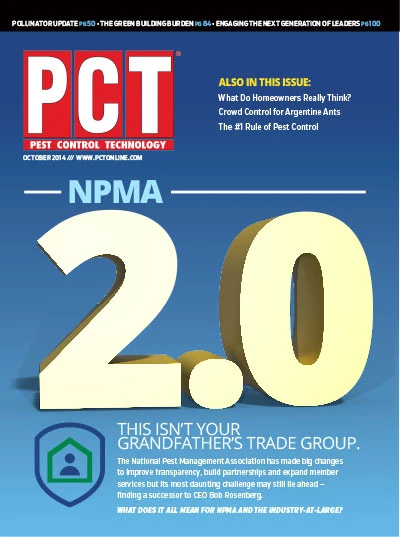
Explore the October 2014 Issue
Check out more from this issue and find your next story to read.
Latest from Pest Control Technology
- Kingfish Pest Control Named to University of Georgia Alumni Association’s Bulldog 100
- Aruza Pest Control Acquires Obex Pest Defense
- Veseris for Success
- Stucco Remediation, Mold and Termites
- 1st Choice Pest Solutions Participates in Local Food Drive
- Graduate Pest Solutions Gives Back to Rick's Place, Halfway Home Cat Rescue
- Most Downloaded From PCT Online in 2024
- Truly Nolen's George Lawlor on Overcoming Employee Retention Challenges


